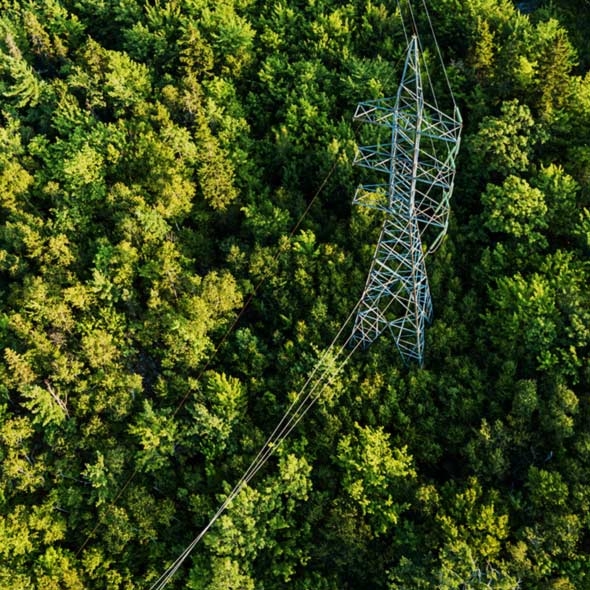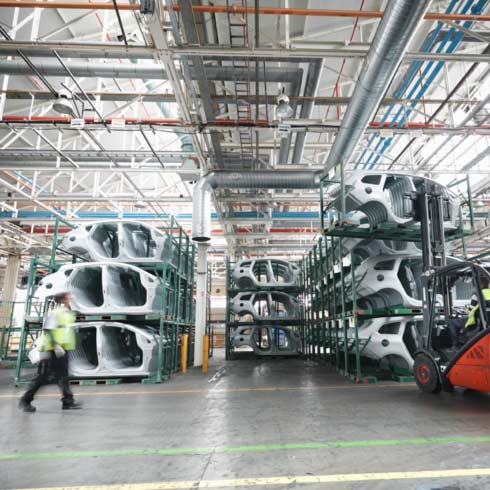Organizations are bringing climate action to the forefront of their corporate agendas. As investors and other stakeholders recognize the risks posed by climate change and demand for a net-zero carbon future, companies are urged to commit to bold climate action. Ambitious climate programs continue to emerge around the world as more and more enterprises target carbon reductions, buy renewable energy and activate their value chain toward net-zero.

Step 1: Define success
Align your vision and strategy by leveraging market intel and peer review, engaging your stakeholders, and building a strong business case for climate action.

Step 2: Set targets
Use top-down and bottom-up analyses to identify goals, assess and communicate strong targets, such as SBTi, and prioritize actions to develop your carbon roadmap.

Step 3: Deploy program
Secure fast delivery of your goals with a practice-proven, programmatic approach integrating energy procurement and efficiency, on and offsite renewables, offsets, and innovative technologies.

Step 4: Sustain results
Our pioneering sustainability platform will help you measure, iterate, and innovate based on data and analytics, as well as automate reporting to disclose your program's success.
We are your climate change partner
Our team is well-versed in global, corporate sustainability initiatives including carbon reduction programs, energy efficiency, renewable energy and supply chain initiatives. Schneider Electric clients are frequently listed on the STOXX® Global Climate Change Leaders Index, and multiple recognitions such as the 2020 RE100 Clean Energy Trailblazer award proof the virtue of our approach to guiding our clients to climate leadership.
Discover our Supply Chain Decarbonization service
Let your organization deepen its climate action strategy by tackling supply chain emissions. Leverage efficiency, renewable energy supply, and carbon offsetting with a unique combination of supplier engagement, data analysis and measurement, strategy setting and implementation with multiple supply chain levers.
Assess your climate risks across your portfolio
Businesses need to take into account the dangers of climate change to avoid supply chain instability, test their energy and resource resilience to ensure future continuity. Planning for and future-proofing your business through diligent climate scenario analysis and risk assessment is a critical step for managing future risks. It also helps to inform investors and keeps ahead of upcoming legislation.

Buy energy smarter

Use energy efficiently

Visualize data













